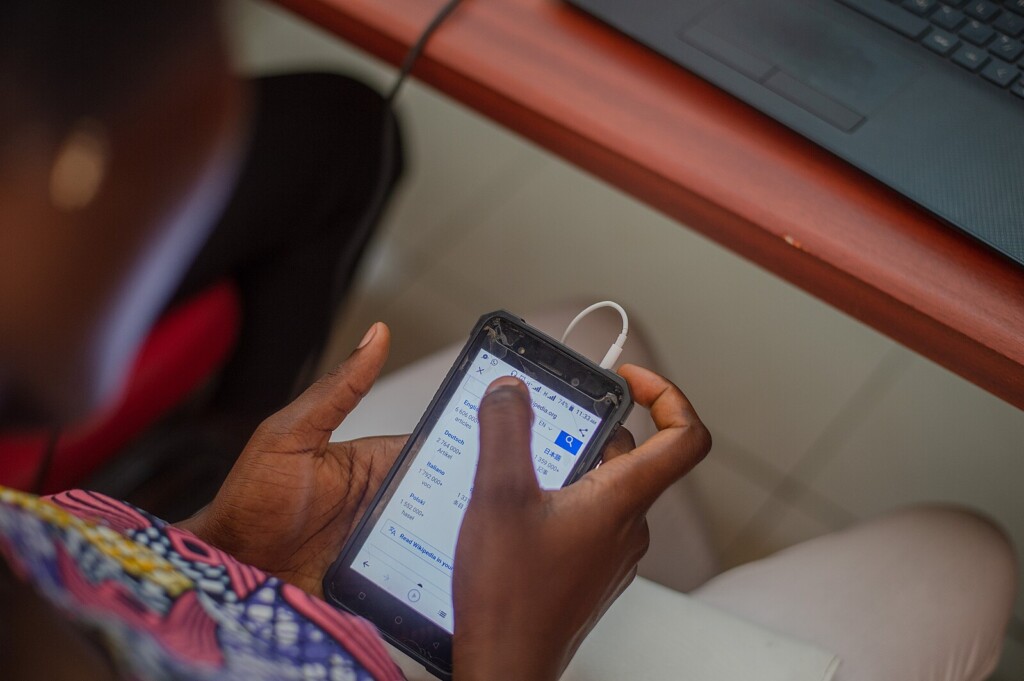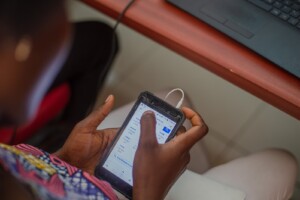Sudan to block WhatsApp calls citing security concerns

Person uses a smartphone (Photo: Wikimedia Commons)
Sudan’s Telecommunications and Post Regulatory Authority has announced a nationwide block on voice and video calls via WhatsApp, effective Friday, 25 July, citing national security concerns. The authority said the move is a “precautionary measure” to address threats to national stability and safeguard the country’s interests.
In a statement by the regulator, they confirmed that text messaging and group chats will remain unaffected but urged users to accept the restrictions in the name of national interest.
The decision has provoked widespread criticism, with activists and digital rights defenders describing it as an attack on freedom of communication.
An activist who spoke to Radio Dabanga anonymously said the restriction is less about national security and more about controlling the public space and silencing dissent in a time of political crisis and protest. “This isn’t about safety. It’s about shutting people up. In a time of war, people need more transparency, not isolation.”
Digital policy expert Ammar Hamouda said the move reflects a combination of security, political, and commercial motives. While the government previously framed similar restrictions in economic terms, he said this time the security justification is front and centre, even as the economic burden on civilians is ignored.
A group of Sudanese engineers condemned the ban, calling it a “direct infringement” on digital freedoms. They warned the decision would severely impact civilians who depend on WhatsApp to organise aid, seek support, and communicate with family.
“National security is not achieved by blocking services, but by building trust and creating a safe, open digital space,” the group said, demanding the immediate reversal of the decision.
With WhatsApp restricted, many users are now turning to VPNs, satellite services like Starlink, or foreign SIM cards to stay connected.
However, these workarounds come with high costs, technical barriers, and legal uncertainty. Hamouda noted that no clear law bans VPN use, making the block difficult to enforce in practice.
While telecom companies may benefit short-term from increased international call traffic, experts warn that the broader impact on public trust, access, and digital rights will be long-lasting.
“This is more than a technical issue,” Hamouda told Radio Dabanga. “It reflects a deeper breakdown in governance and the rights of people to communicate freely in the midst of war.”











 and then
and then